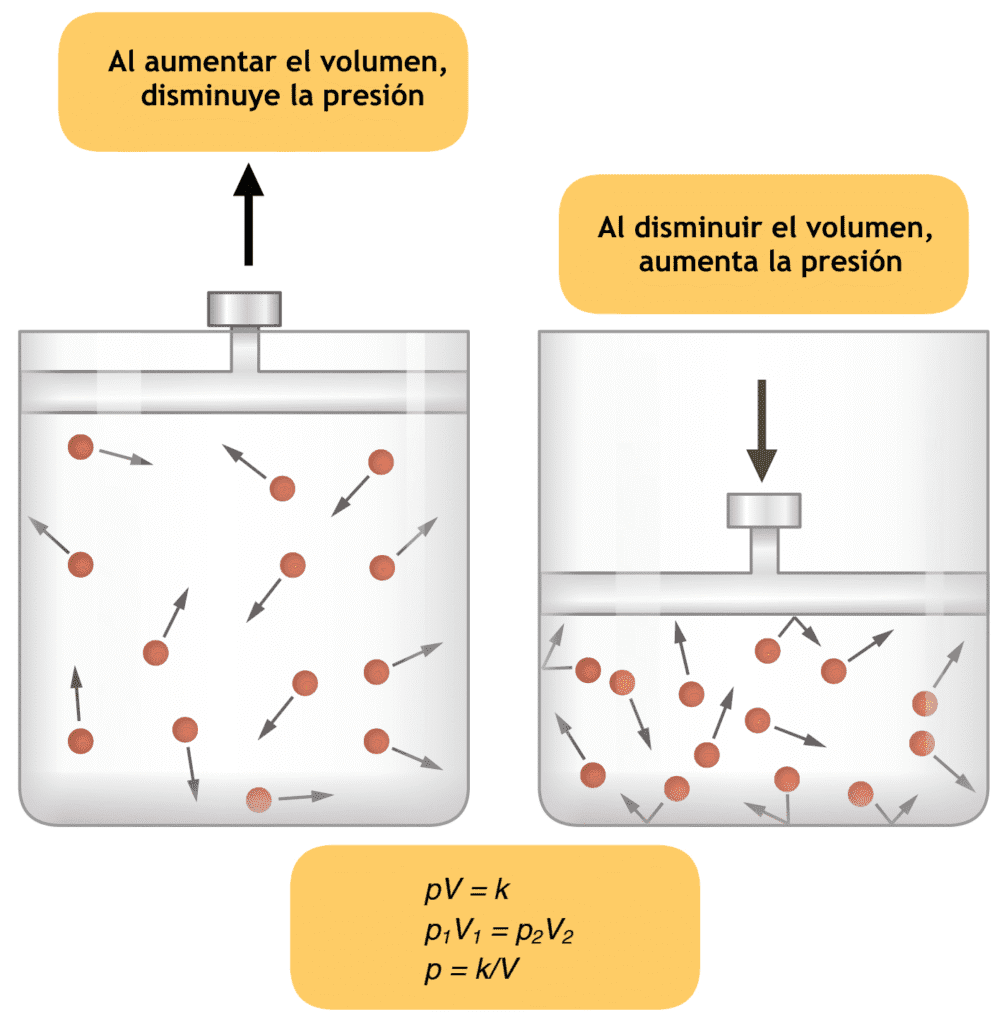Cyclopropane is an anesthetic inhalational agent. It is a liquid agent stored in orange colored cylinders at 75 psi and delivered as gas. Among other halogenated inhalational agents used in anesthesia, Cyclopropane is one which is stored in cylinders at room temperature.
Some of the important properties and characteristics of it are discussed below.
• It is highly inflammable and explosive.
• It is pleasant smelling.
• With Cyclopropane induction is smooth and fast (blood gas coefficient 0.44).
• It is carried in blood attached to RBC.
• Concentration of Cyclopropane to produce deep anaesthesia is 20 to30%.
Cyclopropane Systemic Effects
The systemic side effects of Cyclopropane use are given below:
Cardiovascular system: It stimulates sympathetic system and blood pressure is well maintained so it is inhalational agent of choice for patients in shock.
It sensitizes myocardium to adrenaline. At emergence when cyclopropane is discontinued patient can go in shock due to withdrawal of sympathetic stimulation, called as cyclopropane shock. Therefore, cyclopropane should be closed slowly.
• Nausea and vomiting is also very common following it use, so it is always advisable to include an antiemetic while giving premedications.
• May increase bleeding tendency. The actual mechanism is not known till now.
• Can cause bronchospasm, unlike other inhalational agents like halothane which can cause bronchodilation.

